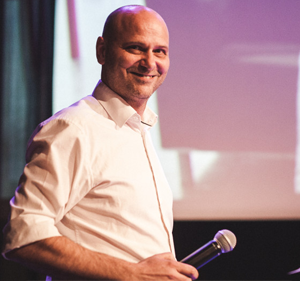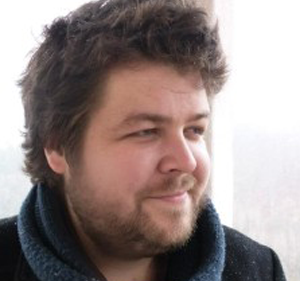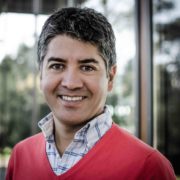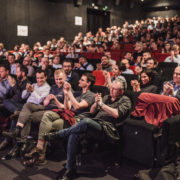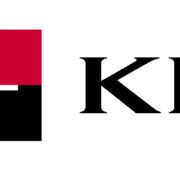Exclusive Interview: Puzl’s Petya Lipeva on the Bulgarian Tech Space
On April 11-12 2017, StartupYard will be visiting Sofia to meet with Deep Tech startups, and offer two workshops – one on turning an AI idea into a global business, and the other on storytelling for Deep Tech startups.
Before our next official visit, which is to be StartupYard’s third in beautiful Sofia, I talked to Petya Lipeva, Chief Navigator of CowOrKing by Puzl, one of Sofia’s hottest tech startup spaces, about the tech scene in Sofia, how it’s changed in recent years, and what we can expect in the near future from Bulgarian startups. Here is what she had to say:
Hi Petya, first why don’t you tell us a bit about yourself, and your path to becoming Chief Navigator at Puzl?
Hey StartupYard-ers! My name is Petya and I’m the Chief Navigator at Puzl CowOrKing – a coworking space for IT professionals and IT startups in Sofia, Bulgaria. I joined the team a month after they opened the first space.
My background is in PR and marketing for a Bulgarian tech company in the CG industry. For a few years I was traveling the world and I needed to settle down, so I tried to do some freelancing work. However, being a freelancer is quite a lonely experience for a person that is used to working with big crowds.
I was considering relocating to France or Italy when I found out that two guys opened a new shared space in Sofia and they were looking for a person to run the space. I met the team for a lunch and this was the most random job interview that I ever had. It was a couple of days before the start of a big CG conference that I was organizing and my phone was ringing all the time. Meanwhile we were speaking about anything but my role in the team. It’s amazing how you click immediately when you find your people!

What makes Puzl CowOrKing, aside from any other workspace in Sofia, a special place?
First of all Puzl CowOrKing is the first industry focused coworking space in Sofia. We created the space to help IT companies and professionals to grow and develop together. The amazing industrial design is complemented with different areas to foster efficiency, collaboration, and creativity both for companies and individuals.
We started with one space in October 2015 and a few months later in May 2016 we opened a new floor that we created specially for early-stage startups. In the beginning of April 2017, we’re opening another floor with 10 dedicated offices for small startup companies. The idea is to have different areas so a team could start with some desks in the area for the early stage startups and move across the different zones as the team grows and develops.
Do you have some success stories from your own alumni you’d like to highlight?
Yes, we do have quite a lot of success stories! I’d say that the whole community of 250 professionals is one amazing success story.
We have quite a lot of starting companies that are funded by different funds and accelerators. We have a few examples of individuals who are starting alone and growing a team of 10 people. My best success stories however are the collaboration stories – I love seeing how companies and professionals in the space start working together and find it valuable to exchange experience and resources.
StartupYard is about to make our 4th visit in as many years to Sofia. What would you say have been the most profound changes about the city and the tech ecosystem there in the past decade? What can we expect when we visit next month?
I would say that about 10 years ago in Bulgaria only a few people had heard the word ‘startup’ and the entrepreneurship ecosystem basically didn’t exist. However a decade is quite a long period and the ecosystem is thriving now.
Last year Forbes Magazine named Sofia one of the top 10 destinations for starting a business. Only three years after the first venture capital funds Launchub and Eleven started; they have already about 200 start-up companies in their portfolio. Recently we also witnessed one of the largest exits in the region, with a value of 262.5 million USD after acquisition of Telerik by Progress Software.
Quite a lot of organizations are working on organizing entrepreneurship events and trainings and the country is definitely showing a great progress and could show a thriving and interesting tech ecosystem.
What are, in your view, the biggest strengths of Bulgarian tech people, engineers, and thinkers?
I’ve noticed that the engineers in Bulgaria have amazing tech skills – they are talented, dedicated and passionate about their projects. They are real problem-solvers and quite interesting people – there are some quiet ones, loud ones, crazy ones, real inventors, thinkers, and players.
To you, which have been the most interesting and inspiring successes in tech to come out of Sofia or Bulgaria in the last few years?
The most inspiring success to come out of Sofia is Chaos Group – the company that develops the rendering plugin for 3D computer graphics software applications – V-Ray. Chaos Group founder Vladimir Koylazov received an Academy Plaque at the 2017 Academy Awards. The award, presented by the Academy’s Scientific and Technical Awards Committee, recognizes V-Ray’s role in bringing realistic CGI to the big screen.
Another great success is the above mentioned largest exits in the region by Telerik. We have quite a lot of interesting starting tech companies and I’m sure that we’ll see many more great stories in the upcoming years!
What kinds of things do you think we can expect from Bulgarian startups in the near future?
I’d say that we’ll see many exciting products and services coming from the Bulgarian startups and I’m sure that we’ll see many teams growing worldwide. I’m sure that soon enough I’ll be saying proudly “he/she used to work in Puzl CowOrKing”.
Bulgaria is a relatively small economy. Does this force Bulgarian startups to think bigger? Does it have a negative impact on startups looking for their first customers and their first investor?
Yes, Bulgaria is a small economy but it’s a great floor for product testing before going outside the boundaries. The small economy is definitely pushing the startups to grow bigger and to find bigger markets. However, I don’t think it has impact on finding customers and investors, as nowadays we’re all easily connected and because of the thriving ecosystem in the region. It’s easy to access many resources outside the country.
How would you rate the local and state government’s involvement in the tech ecosystem? What are they doing right, and what are they doing wrong?
The local and the state government is not much involved in the tech ecosystem although they are trying a lot. It takes time – the administration in Bulgaria is quite slow in picking up new trends and the tech ecosystem is still something that they don’t completely understand and relate to what’s happening in a starting company. I think the administration needs to attract a new generation of people in order to start helping out the tech ecosystem.


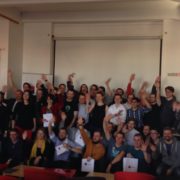
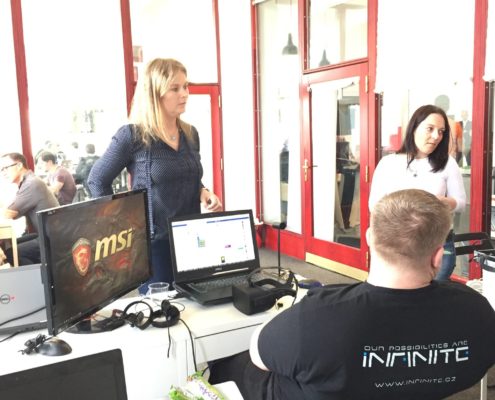
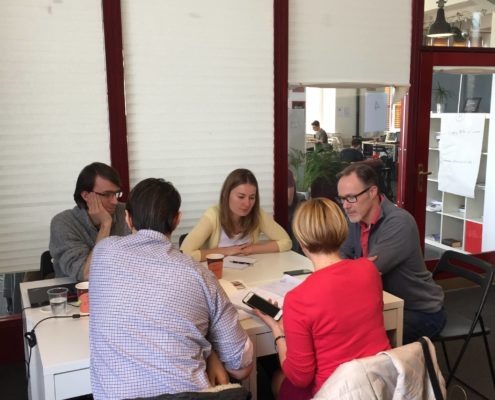
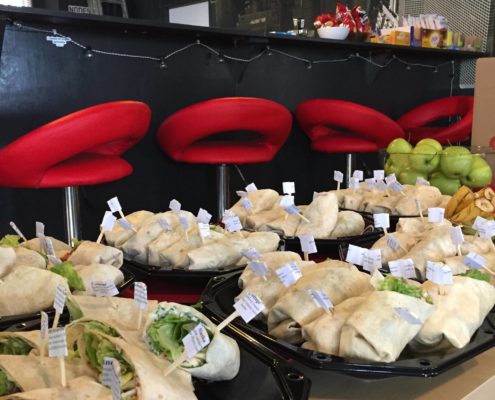
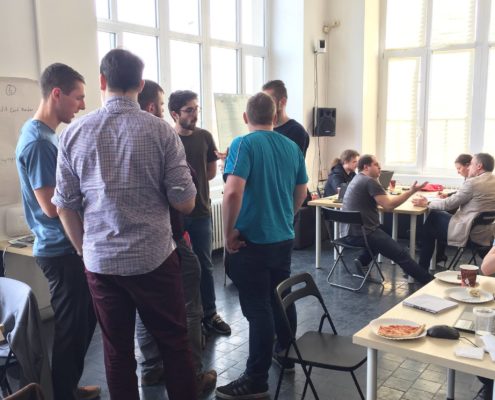
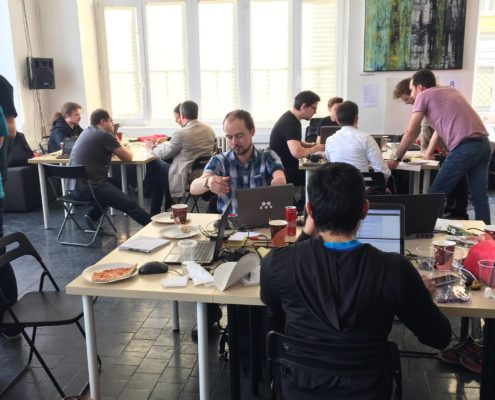
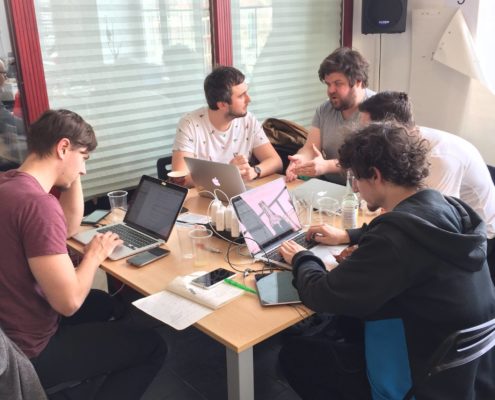
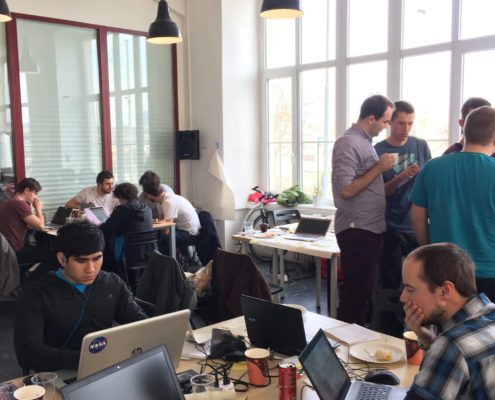
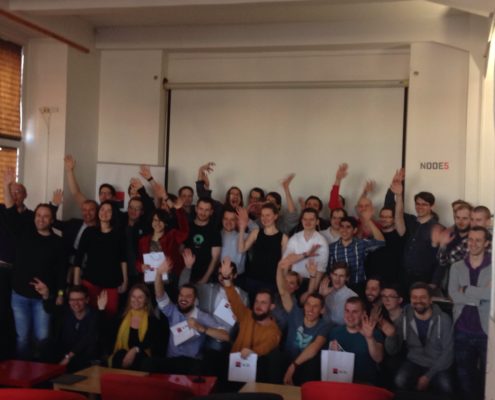
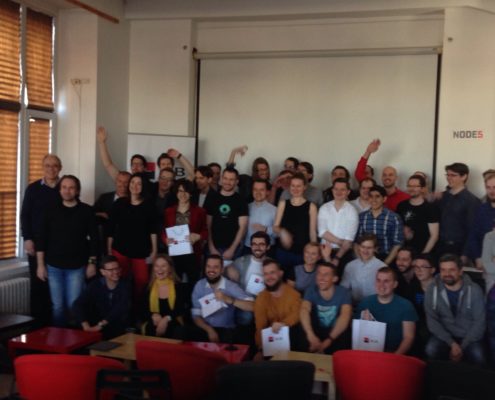

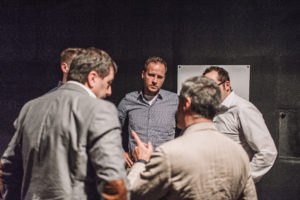 StartupYard “Training Days”
StartupYard “Training Days”